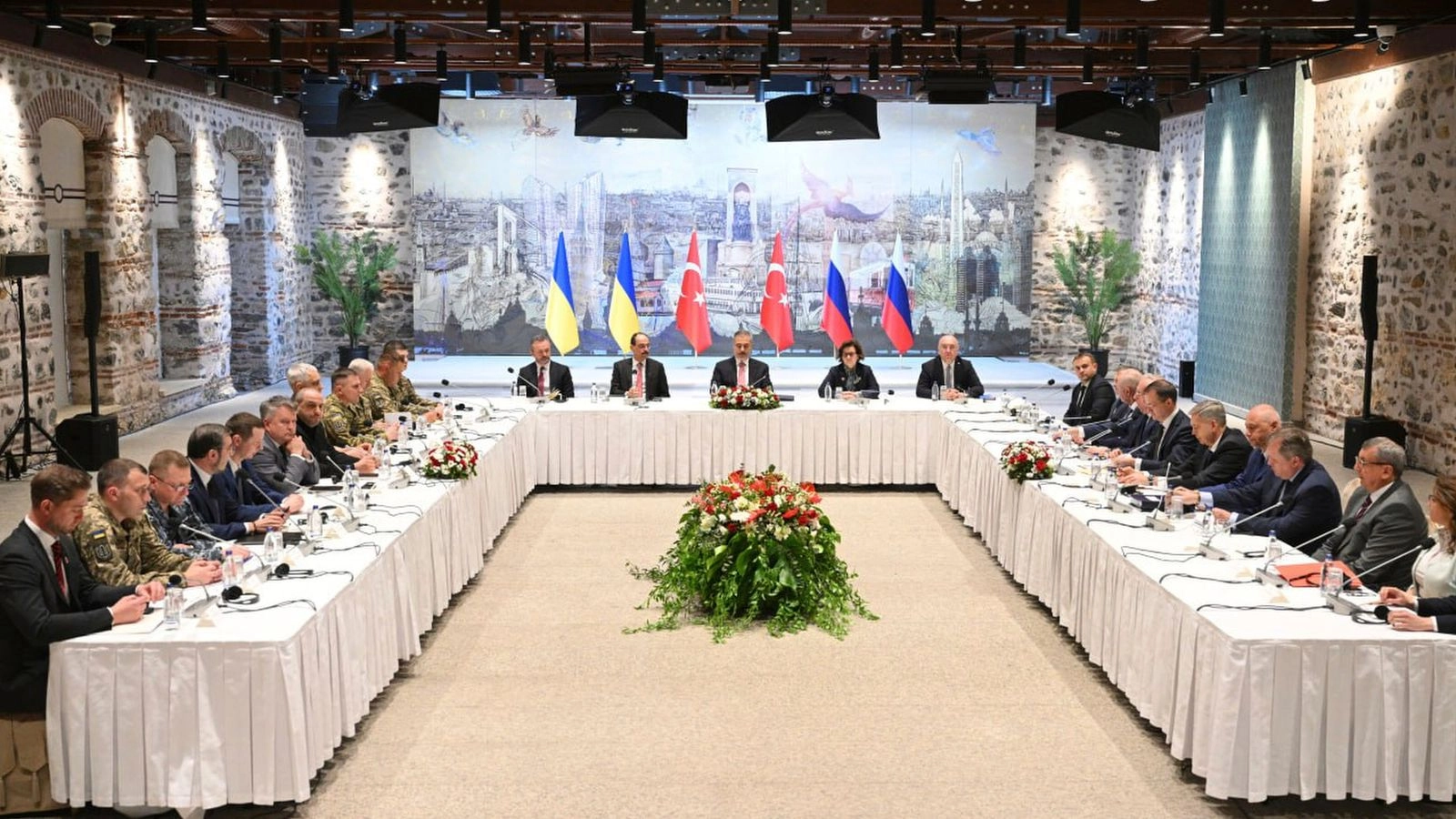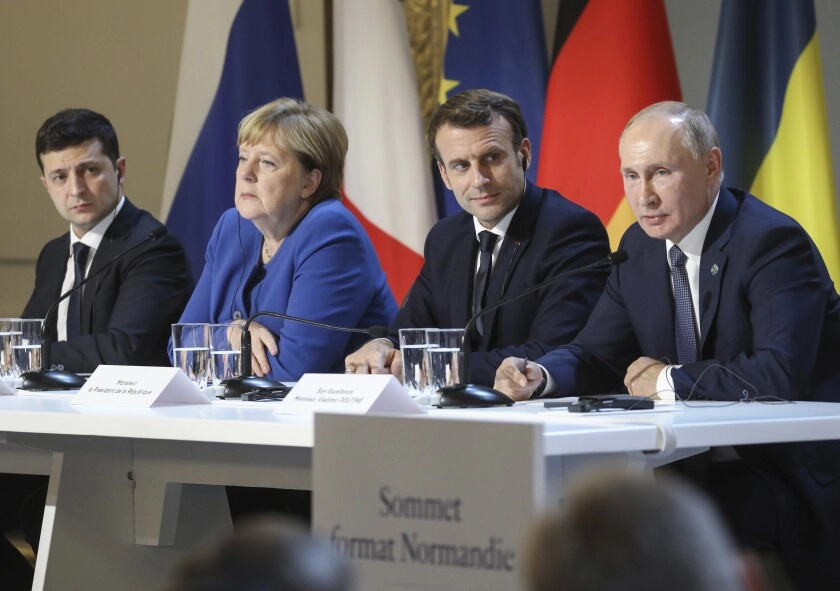What does Russia's recent openness to Ukraine talks signify in the broader context of geopolitical tensions? Why is the international community closely monitoring these developments? How might former U.S. President Donald Trump's ultimatum influence the situation? These questions lie at the heart of the ongoing conflict between Russia and Ukraine, a crisis that continues to shape global politics.
Russia's Stance on Ukraine Talks
Russia has recently expressed its willingness to engage in talks with Ukraine, signaling a potential shift in its approach to the conflict. According to statements from Russian officials, the country remains open to diplomatic solutions, though it insists on certain preconditions. This move comes amid escalating tensions and international pressure, including economic sanctions and military aid to Ukraine from Western nations.
For instance, Russia has emphasized the need for Ukraine to recognize the independence of breakaway regions like Donetsk and Luhansk, a demand that Kyiv has consistently rejected. This precondition highlights the deep-rooted complexities of the conflict, where territorial disputes and national sovereignty remain contentious issues.
The Role of International Actors
The conflict between Russia and Ukraine is not just a bilateral issue; it involves multiple international stakeholders, including the United States, the European Union, and NATO. Each of these actors has a vested interest in the outcome, whether it's maintaining regional stability, countering Russian influence, or protecting democratic values.
A real-world example of this dynamic is the U.S. provision of military aid to Ukraine, which has been a point of contention between Washington and Moscow. The Biden administration has pledged billions in assistance, ranging from weapons to humanitarian aid, underscoring America's commitment to Ukraine's sovereignty.

Trump's Ultimatum and Its Implications
Former U.S. President Donald Trump's recent ultimatum to Russia has added another layer of complexity to the situation. While the specifics of his statement remain unclear, the mere mention of an ultimatum has sparked debates about the potential for renewed U.S.-Russia tensions.
Some analysts argue that Trump's approach could either escalate the conflict or force Russia to the negotiating table. Others warn that such rhetoric might undermine ongoing diplomatic efforts, creating further instability in an already volatile region.
Economic Sanctions and Their Impact
Economic sanctions have been a primary tool used by Western nations to pressure Russia into de-escalating the conflict. These sanctions target key sectors of the Russian economy, including energy, finance, and defense, aiming to curb Moscow's ability to sustain its military operations.
For example, the EU's decision to ban imports of Russian oil has had significant repercussions, both for Russia's economy and global energy markets. While these measures have inflicted economic pain, their effectiveness in achieving political objectives remains a subject of debate.
The Humanitarian Crisis in Ukraine
Beyond the geopolitical maneuvering, the conflict has resulted in a severe humanitarian crisis, with millions of Ukrainians displaced and countless lives lost. International organizations like the United Nations and the Red Cross have been working tirelessly to provide aid, but the scale of the crisis continues to overwhelm available resources.
A practical application of humanitarian efforts can be seen in the establishment of refugee corridors, which allow civilians to flee conflict zones safely. However, these corridors are often violated, highlighting the challenges of delivering aid in a war-torn region.
Future Prospects for Peace
As the conflict drags on, the prospects for a lasting peace remain uncertain. While Russia's openness to talks is a positive development, the road to resolution is fraught with obstacles, including mutual distrust and competing geopolitical interests.
One potential pathway to peace could involve multilateral negotiations mediated by neutral parties, such as the United Nations. However, achieving a consensus among all stakeholders will require significant compromises and a shared commitment to ending the violence.






